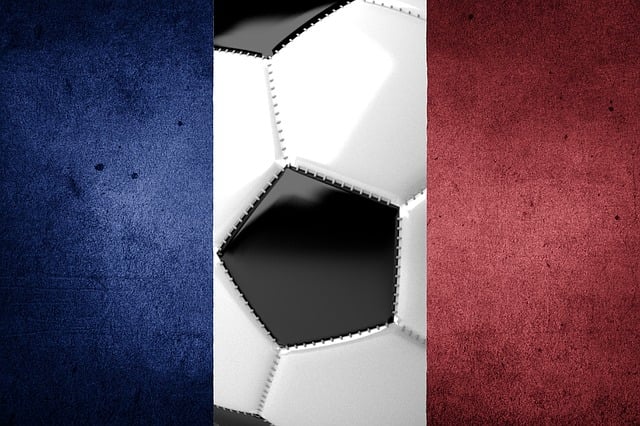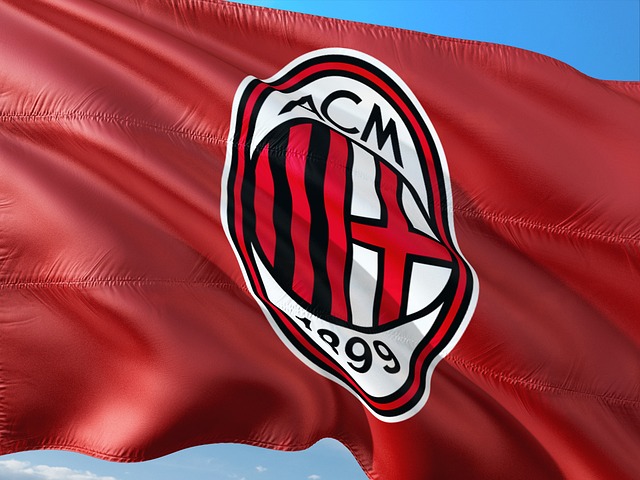A new executive order signed by US President Donald Trump is set to impose sweeping travel restrictions on nearly 20 countries, but it includes a notable exemption that could spare athletes and personnel participating in high-profile tournaments such as the 2026 FIFA World Cup, the 2025 Club World Cup, and the 2028 Olympic Games.
The latest directive revives and expands the controversial travel bans from Trump’s previous term in office. Nationals of 12 countries—Afghanistan, Myanmar, Chad, the Republic of Congo, Equatorial Guinea, Eritrea, Haiti, Iran, Libya, Somalia, Sudan and Yemen—will face complete entry bans, while those from seven additional nations, including Venezuela and Togo, will see partial restrictions.
However, section 4 of the order offers a carve-out for sports figures. “Any athlete or member of an athletic team, including coaches, persons performing a necessary support role, and immediate relatives, travelling for the World Cup, Olympics, or other major sporting event as determined by the secretary of state” are exempt from the restrictions.

Despite the exemption’s relevance to upcoming events, FIFA declined to confirm whether it had pushed for such language. The organisation’s president, Gianni Infantino, has maintained close ties with Trump in recent months, joining the US president at high-profile appearances including the first public session of Trump's World Cup taskforce. Infantino even postponed his arrival at the FIFA Congress to meet with Trump during a tour of the Middle East.
There remains ambiguity, though, over whether the exemption explicitly covers the 2025 Club World Cup alongside the 2026 international edition. The Club World Cup, scheduled to take place across the US, is expected to feature leading clubs from around the globe.
Several clubs with qualified teams for the 2025 Club World Cup employ players from the affected countries. These include Venezuela’s Telasco Segovia (Inter Miami), Jefferson Savarino (Botafogo), and Salomón Rondón (Pachuca), as well as Iran’s Mehdi Taremi (Internazionale), Togo’s Kodjo Fo-Doh Laba (Al-Ain), and Sudan’s Mohamed Awadalla. In total, 10 players from banned nations are listed on current rosters.
The new policy is scheduled to take effect on Monday, 9 June, potentially cutting into the current FIFA international window. Venezuela, for example, has three Major League Soccer players currently involved in World Cup qualifying matches, with games against Bolivia and Uruguay on the calendar. The impact of the ban on their return remains to be seen.
While Iran is the only country on the restricted list to have already secured qualification for the 2026 World Cup, others remain in contention. Sudan is within striking distance of automatic qualification in its group, while Haiti and Equatorial Guinea are still mathematically alive in their respective qualifying campaigns.
President Trump, @VP Vance, and FIFA President Gianni Infantino kick off the first meeting of the White House Task Force on the 2026 FIFA World Cup, hosted in the USA next summer! ⚽️🇺🇸 pic.twitter.com/laI5IA7bix
— The White House (@WhiteHouse) May 6, 2025
Organisers of the 2028 Olympic Games in Los Angeles have tried to ease fears about the travel ban's potential disruption. Following a meeting with the International Olympic Committee’s coordination commission, LA28 chair and president Casey Wasserman said: "It was very clear in the directive that the Olympics require special consideration, and I want to thank the federal government for recognising that. It's very clear that the federal government understands that's an environment that they will be accommodating and provide for. And so we have great confidence that that will only continue."
The US is preparing to host two of the world’s largest sporting spectacles within the next three years. Both events are expected to draw hundreds of thousands of visitors, athletes, and media from around the globe, sparking questions about how immigration policies might affect logistics and participation.
While Trump defended the measure as a necessary security precaution to “protect Americans from dangerous foreign actors,” the exemption for elite athletes indicates a level of flexibility—at least for the sports world.
Featured Image Credit: Instagram @fifa, X / @WhiteHouse
.png)



.jpg)
.jpg)
.jpg)




